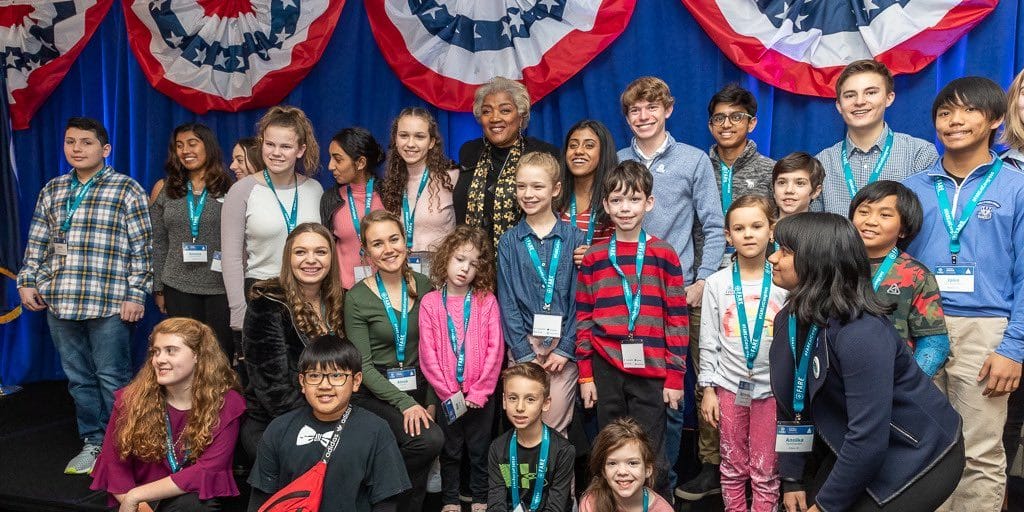
Just under 150 food allergy advocates from across the U.S. have gathered on Capitol Hill this week to urge legislators to get behind the FASTER Act. Among several improvements for the food allergy community, this bill would see sesame become a top and labeled allergen in the U.S.
The FASTER Act stands for Food Allergy Safety, Treatment, Education and Research and is numbered as H.R. 2117. The non-profit FARE organized the March 3-4 days of advocacy on Capitol Hill, with the intent of having advocating families and their children gain more support among lawmakers for the food allergy law. The bill currently has 73 co-sponsors.
FASTER covers a wide range of elements, including: CDC funding to gather disease prevalence data, the inclusion of sesame as a top food allergen under the FALCPA labeling law, a directive to study the costs to the consumer of food allergies, support for drug development and more.
Critical Opportunity to Engage
“The meetings taking place on Capitol Hill this week are of the utmost importance to the 32 million Americans living with potentially life-threatening food allergies and the 1.5 million with allergies to sesame,” said Lisa Gable, FARE’s CEO. She called the advocacy days “a critical opportunity to engage policymakers and communicate the importance of this growing epidemic.”
Political strategist Donna Brazile inspired the advocates with a speech on March 3. On what, fittingly, was the Democrats’ Super Tuesday, she told the young people in the room: “No matter your age or where you’re from, you can make a difference. You are the future.”
The proposed food allergy law is based on proposals from a 2016 report from the National Academies of Sciences, Engineering and Medicine. That report called for standardized national prevalence statistics, education, access to treatment and awareness for food allergies. (FARE was a funder of the study.)
Asthma in Schools Action Sought
The assembled advocates are also lobbying for another bill, the School-Based Allergies and Asthma Management Program Act (H.R. 2468), dubbed SAMPRO. This act would amend the Public Health Service Act to benefit states that have instituted comprehensive asthma and allergies management programs in schools. Such states would have increased preference when asthma-related grants are awarded.
In Congressional testimony last year, Kenny Mendez, CEO of the non-profit AAFA, noted that the highest rates of asthma are seen in school-aged children, and that the disease disproportionately affects black and Hispanic children (14% and 8%), as well as children from low-income families.
H.R. 2117 was sponsored by Doris Matsui (D-CA) and H.R. 2468 was sponsored by Steny Hoyer (D-MD).
Learn how to lobby for FASTER: bit.ly/SupportFASTERAct





